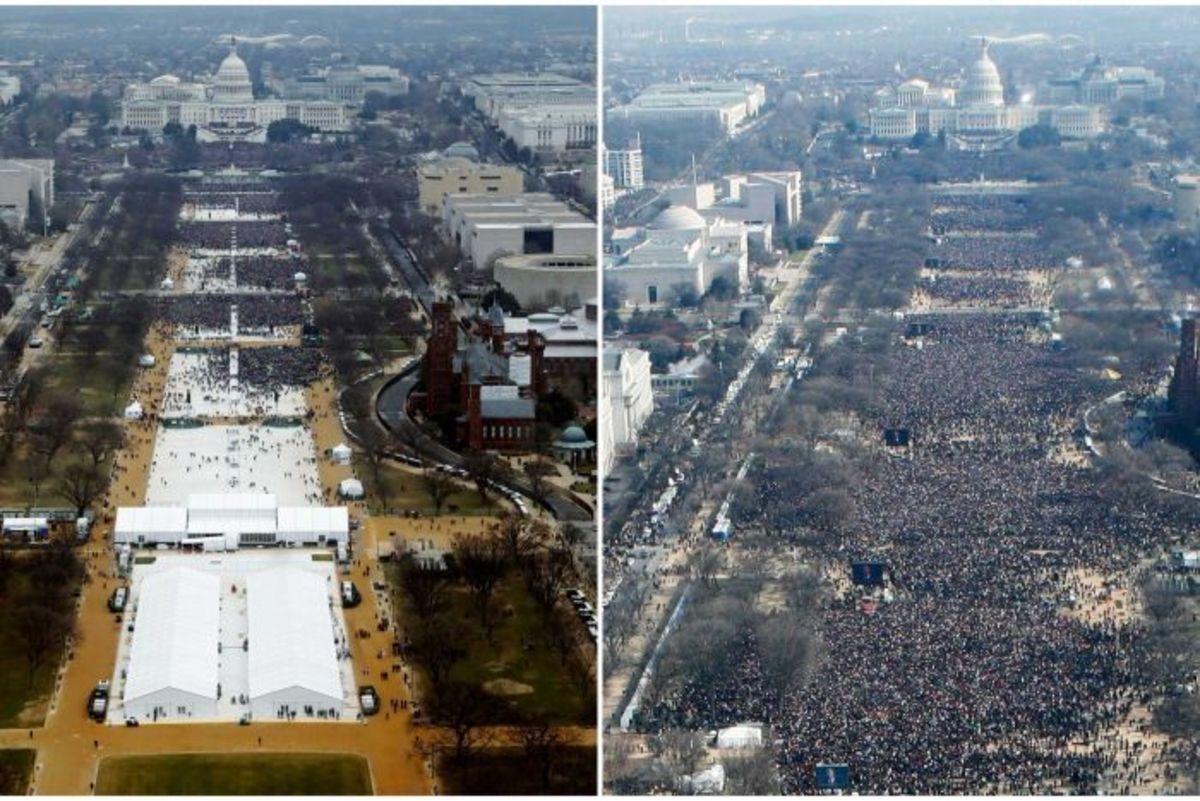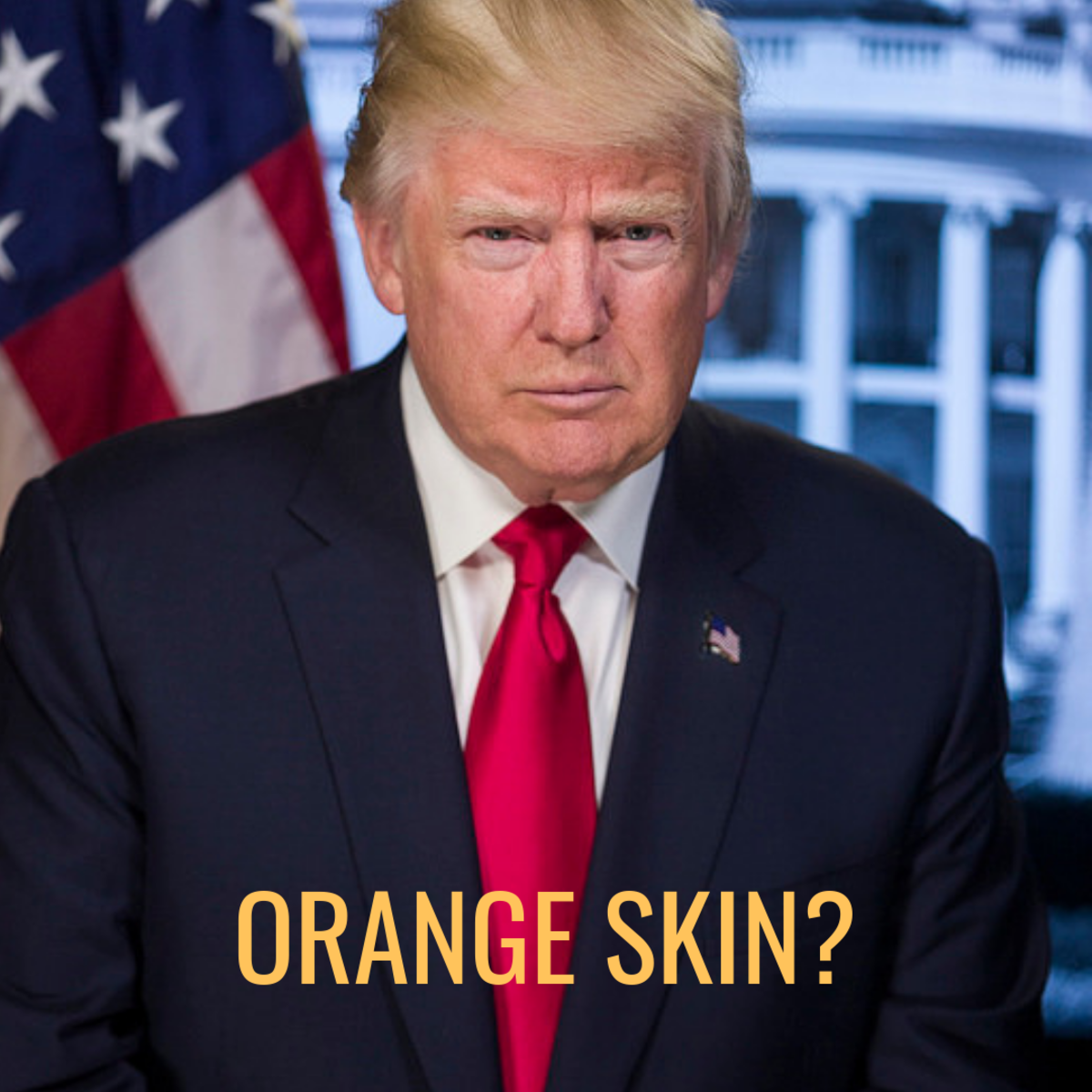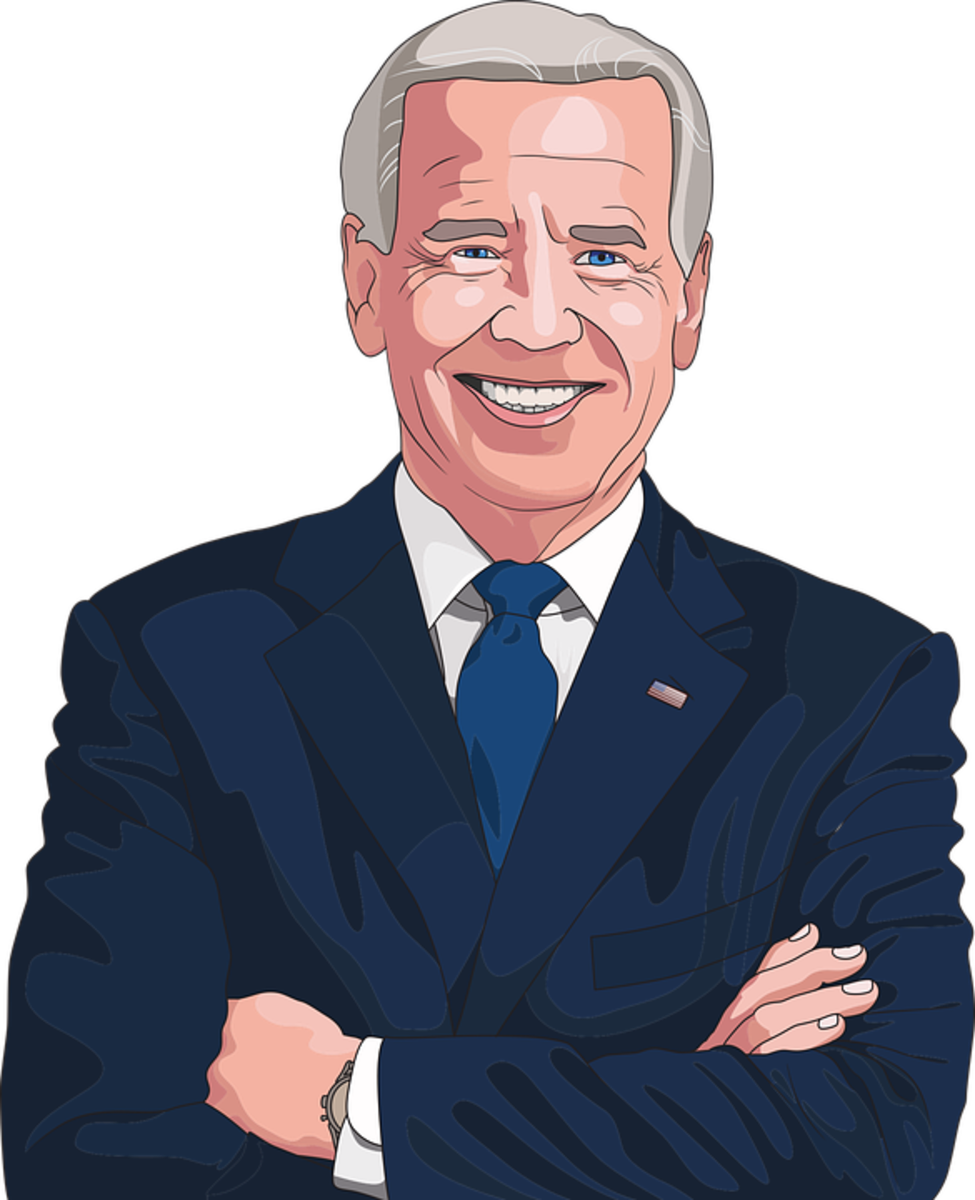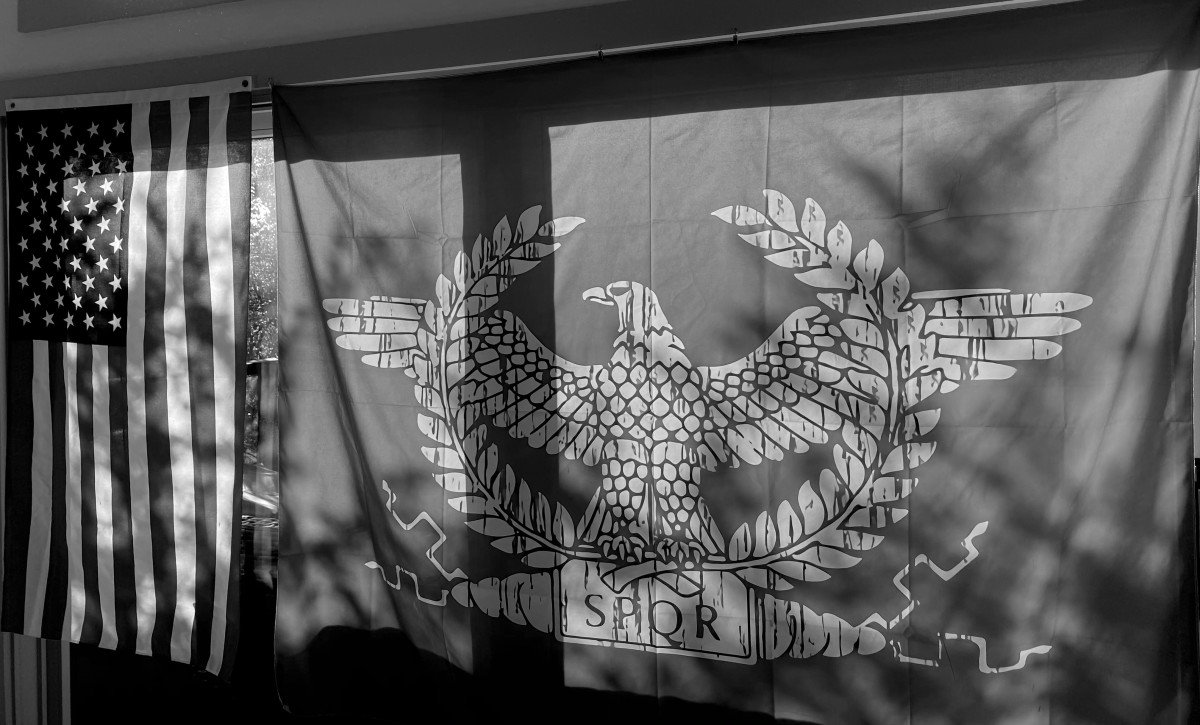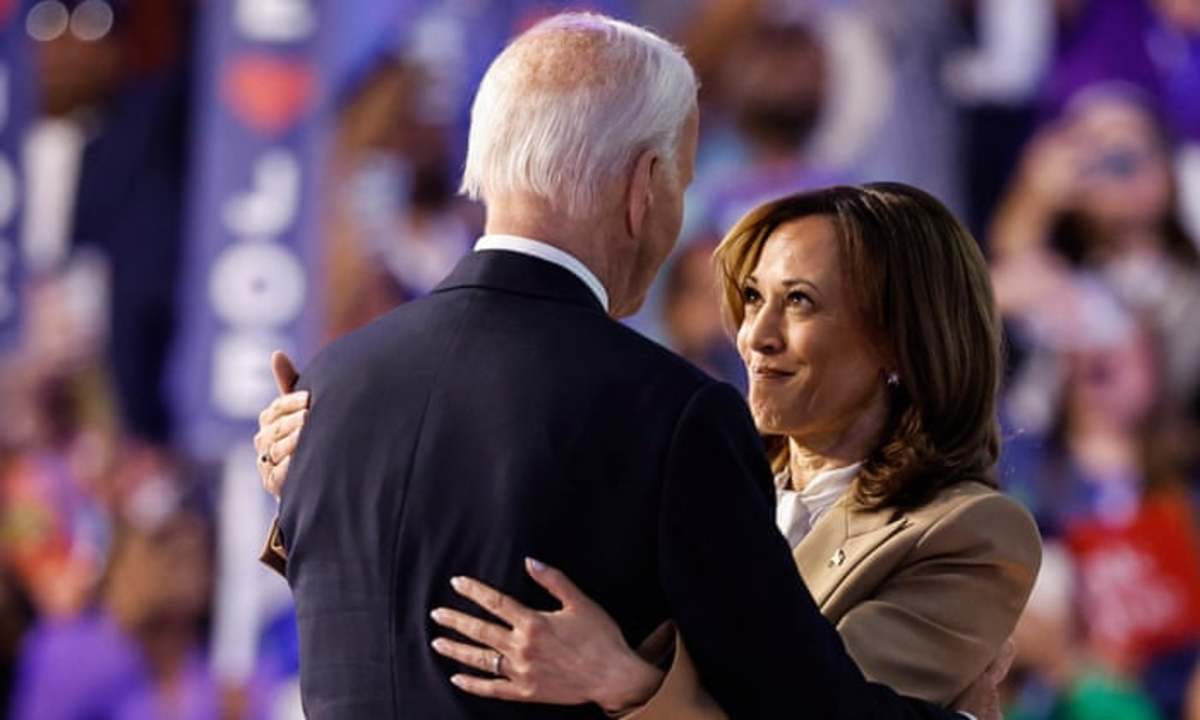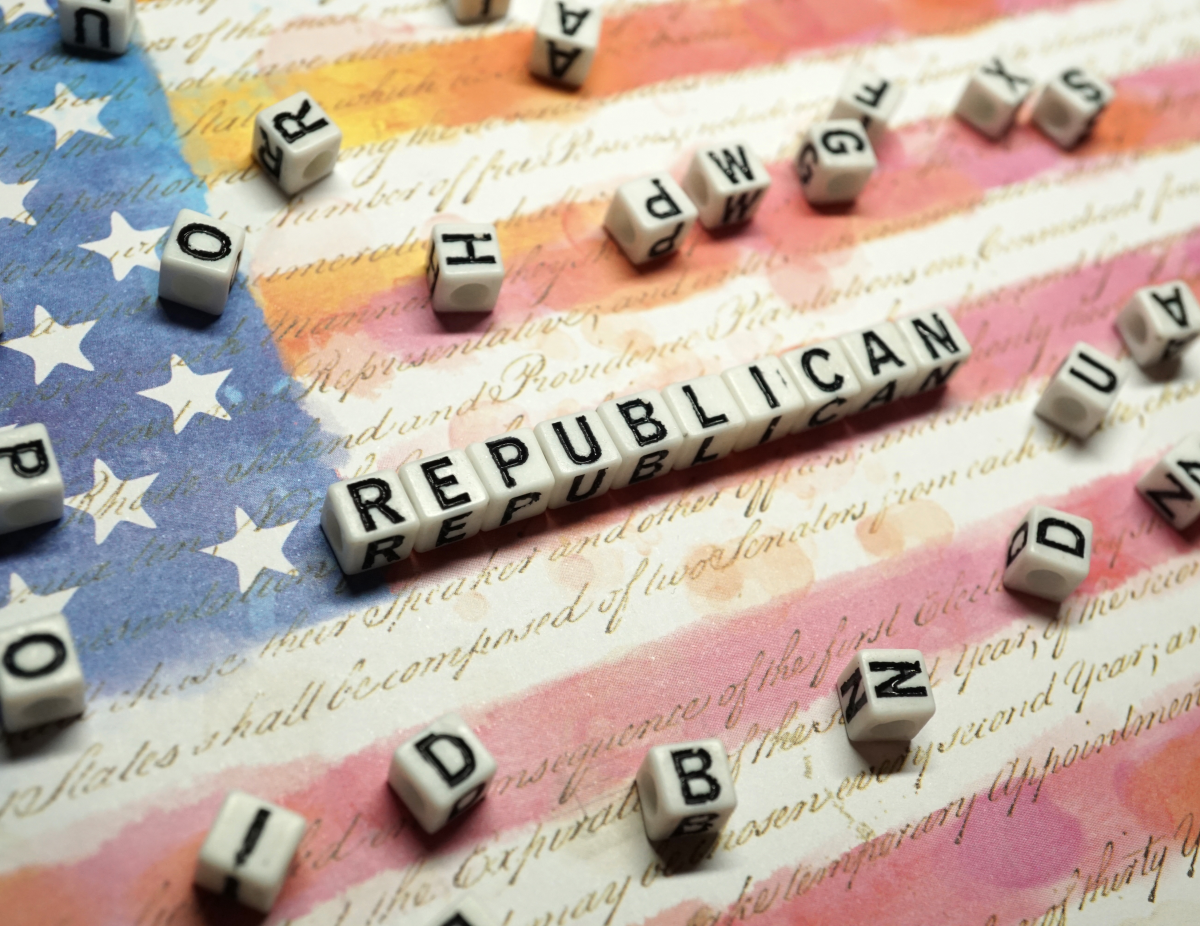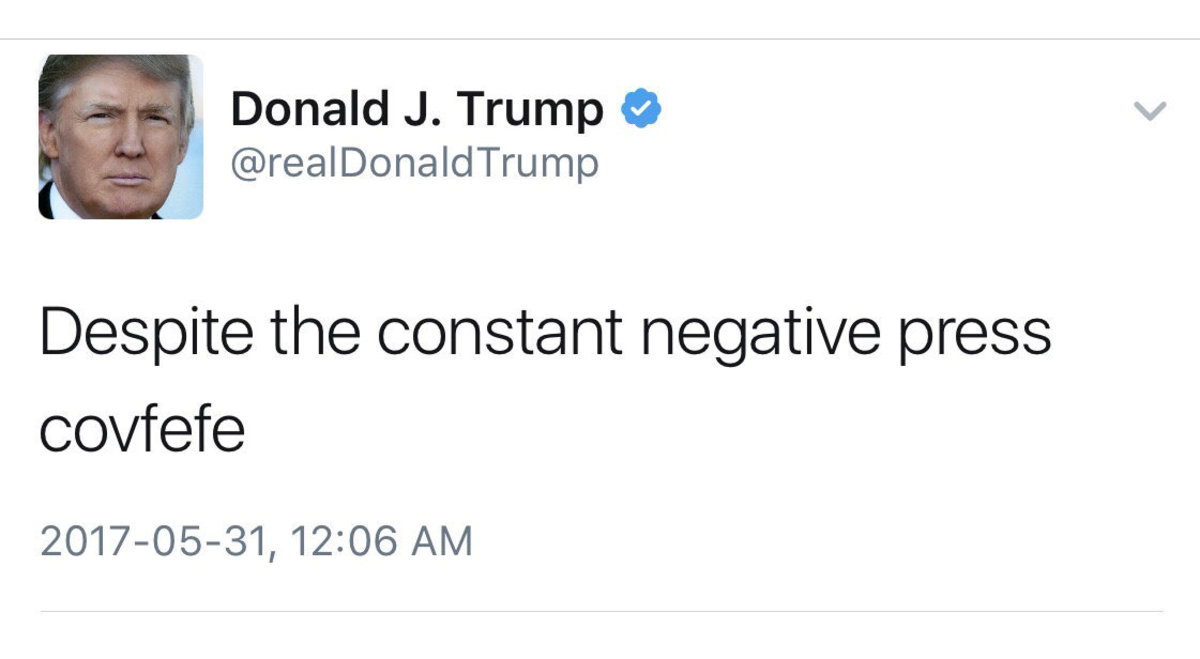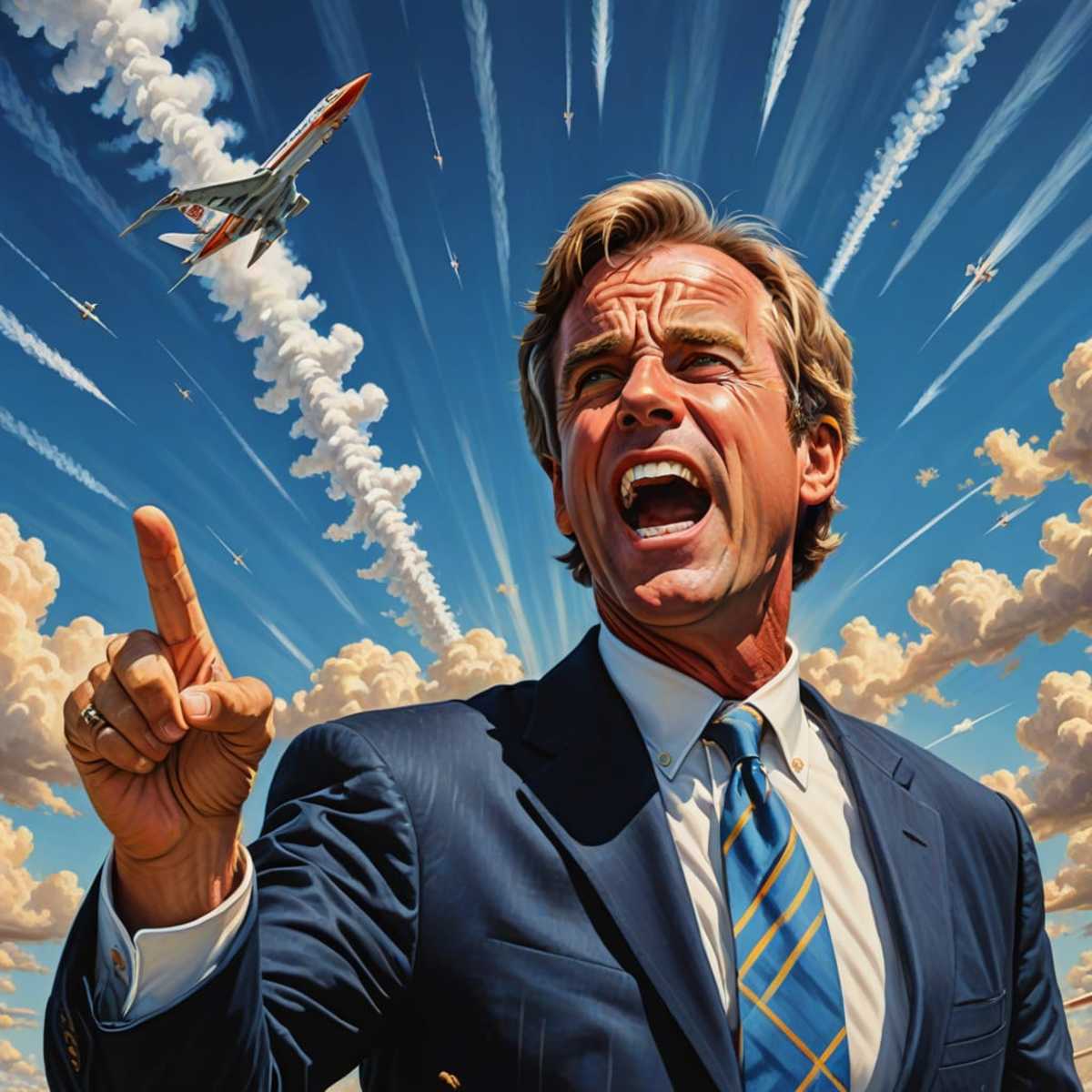Trump Open the Door to Politic Violences
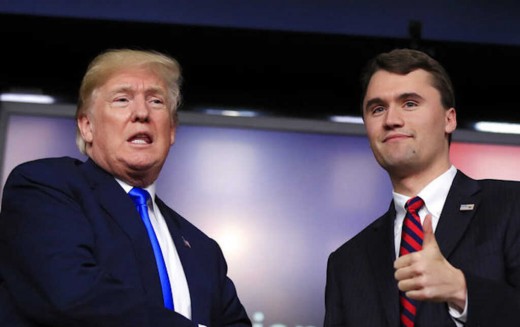
Charlie Kirk legacy to some is Promoting hate
Donald Trump, the former president of the United States, has been accused of promoting violent acts through his rhetoric and actions. During the 2020 election and on January 6th, he encouraged his supporters to march to the Capitol and fight like hell and defend their country," which many interpreted as a call to action.
The rise of political violence in the United States has been fueled by Trump's provocative language, which broke norms and reshaped political discourse. At his rallies, he connected with like-minded supporters, some of whom acted on the beliefs he inspired.
Died Fighting a Cause
Charlie Kirk knew his life was in danger. In the weeks before his assassination, security concerns mounted, and threats against him became frequent. He chose to go forward, speaking publicly despite the threats he was getting. His commitment to his cause got him killed.
Trump's role in Kirk's Death
President Trump should reflect on the role he played in the death of Charlie Kirk. Kirk, one of Trump's most loyal allies, often preached Trump's words during his engagements. He became a target for hate and violence, but never shied away from it. Whether intentional or not, his words played a part. Trump's hateful rhetoric shaped the words that came from Charlie Kirk, making him a target.
President Trump's political style has influenced some of his supporters to follow his lead, using phrases like "Crooked Hillary," "Sleepy Joe," and "Enemy of the People" on social media and at rallies. He created a verbal warfare that resonated with his supporters. Trump repeated claims that the election was "stolen or "rigged weren't just political grievances, blaming Democrats for the lies he promoted. Trump manipulated the minds of some into believing his lies.
Now, as tensions escalate, Trump shifts the blame to Democrats, deflecting responsibility from himself. His harsh language and name-calling have significantly contributed to encouraging violence. When leaders use derogatory language publicly, it can signal to their followers that such behavior is acceptable and even supported. Trump's words to his supporters, urging them to march to the Capitol and "do what they had to do," exemplify this dangerous rhetoric. Trump takes no responsibility for inciting violence and pumping up his supporters to do his dirty work.
President Trump's Words Trigger Targeting Democrats
Trump continues to claim that Democrats "rigged" and stole the 2020 election, framing it not just as a political accusation but as a rallying cry for retaliation. His words portrayed Democratic leaders as enemies of democracy. Trump later argued that his statements were taken out of context, but the damage had already been done. Trump's dangerous rhetoric has shaped the course of America.
Trump Didn't Start the Fire- But He Poured Gasoline on It
Political violence in America predates Donald Trump, rooted in long-standing divisions, racial tensions, and distrust in the government. However, Trump's rhetoric amplified these issues, frequently asserting that the election was stolen and labeling Democrats as enemies of the people. For some, his words are taken as gospel, and every lie that comes out of his mouth is seen as the truth.
Charlie Kirk
Charlie Kirk, a close ally of President Trump, was tragically shot and killed at Utah Valley University. Known for his fiery rhetoric, he frequently criticized liberal institutions and what he called "woke culture," drawing both applause from Trump supporters and backlash from critics. Kirk didn’t just speak—he provoked people with his rhetoric. In some cases, Kirk encouraged violence against marginalized groups. Charlie Kirk was no angel with his words.
As a prominent figure in the MAGA movement, his speeches frequently criticized Democrats and encouraged audiences to "take back their country." His tone and rhetoric, much like Trump's, stirred controversy and faced widespread criticism.
A Medal Born out of Guilt
After Charlie Kirk's assassination, President Trump announced he would award Kirk the Presidential Medal of Freedom posthumously. For many, the gesture appears to be an admission of guilt. Kirk's death has put Trump's rhetoric under scrutiny, especially his combative, grievance-fueled style of communication. Both figures used language that framed politics not as debate but as a dire existential conflict.
Trump described him as a martyr for truth and freedom. Despite his history of promoting violent rhetoric, Kirk was posthumously awarded one of the highest civilian honors. While some supporters saw him as a fearless defender, others viewed him as a harmful influence on the younger generation. Regardless of political beliefs, no one deserves to be killed for expressing their opinions. Kirk's assassination is a tragic violation of the rule of law.
Radicalization of the Young-A Dangerous Legacy
The rhetoric of Trump and Kirk didn't just energize a movement- it has shaped the minds of a future generation. Through social media, campus events, and viral videos, their messaging reaches millions of young people. Some are in search of who they are and where they belong.
Some no longer fear death; it's a way out. In today's polarized world, power has become a weapon—but not just against opponents, but against the truth itself. Individuals like Trump-Kirk have used their influence to reshape the public perception of what's right and wrong, often taking loyalty as a virtue and dissent as a betrayal. Thirty-one-year-old Charlie Kirk was a human being, a son, a father, and a husband. His death wasn't just a political flashpoint-it was a tragedy. Charlie Kirk lived by the sword and perished by the sword.

